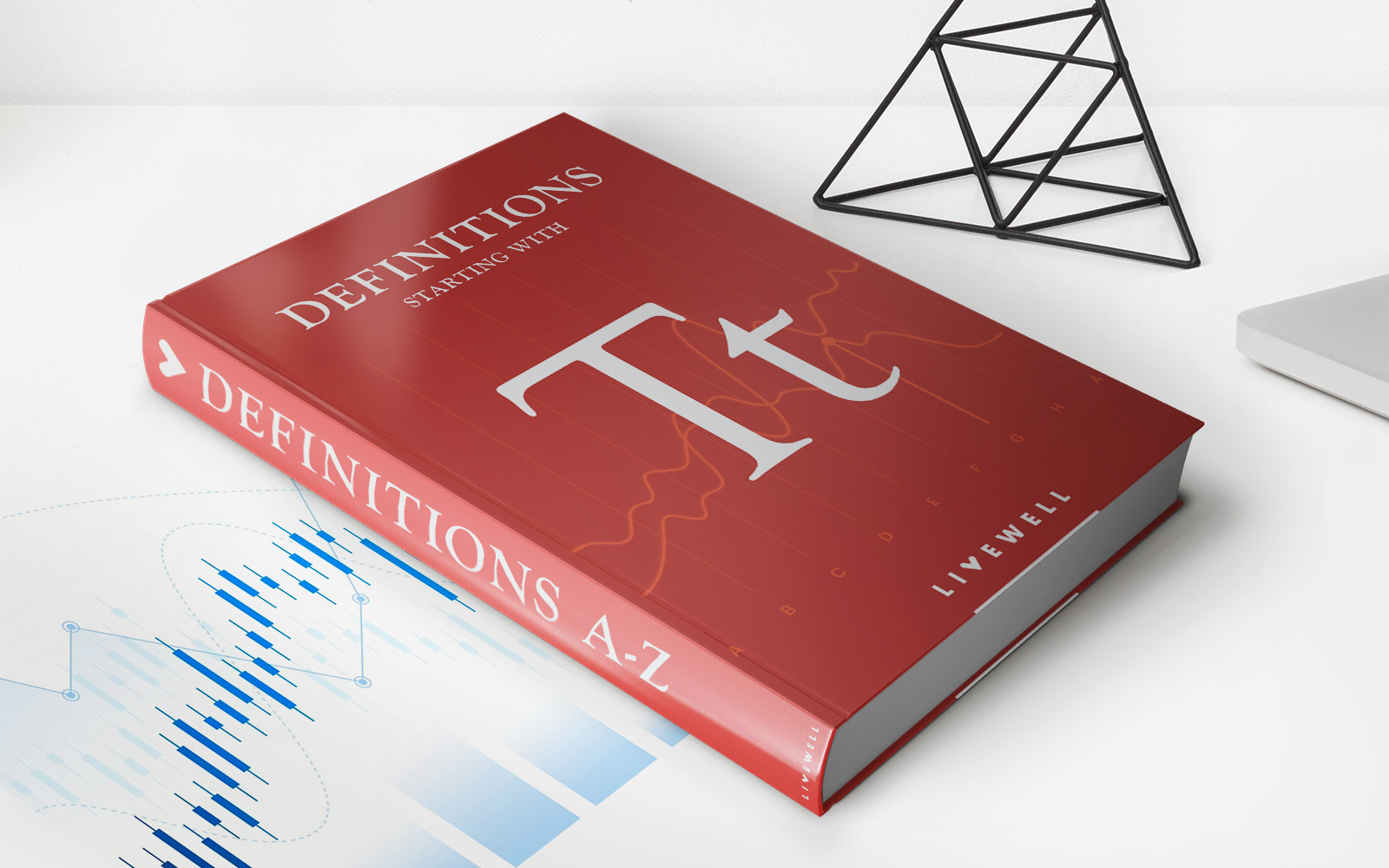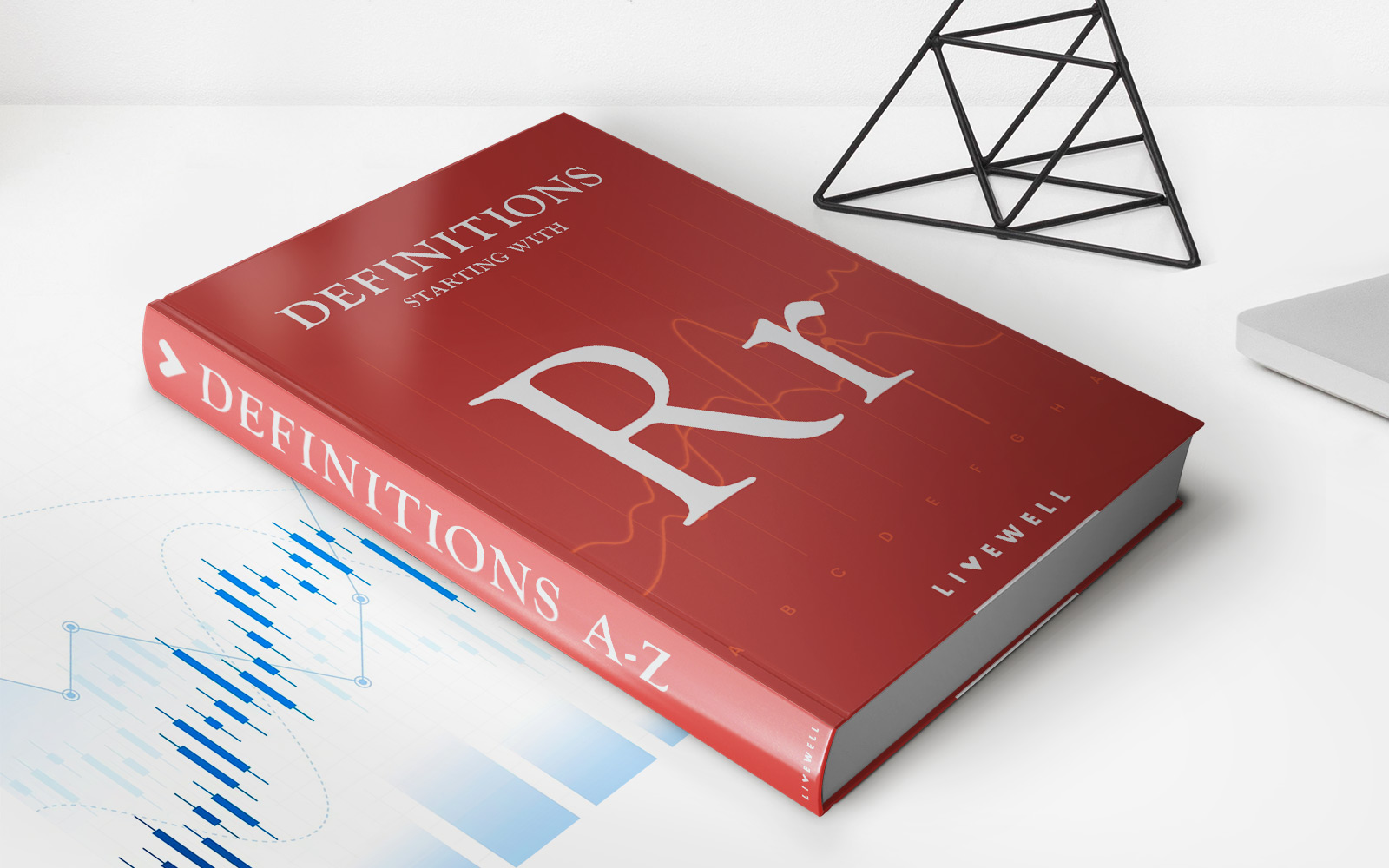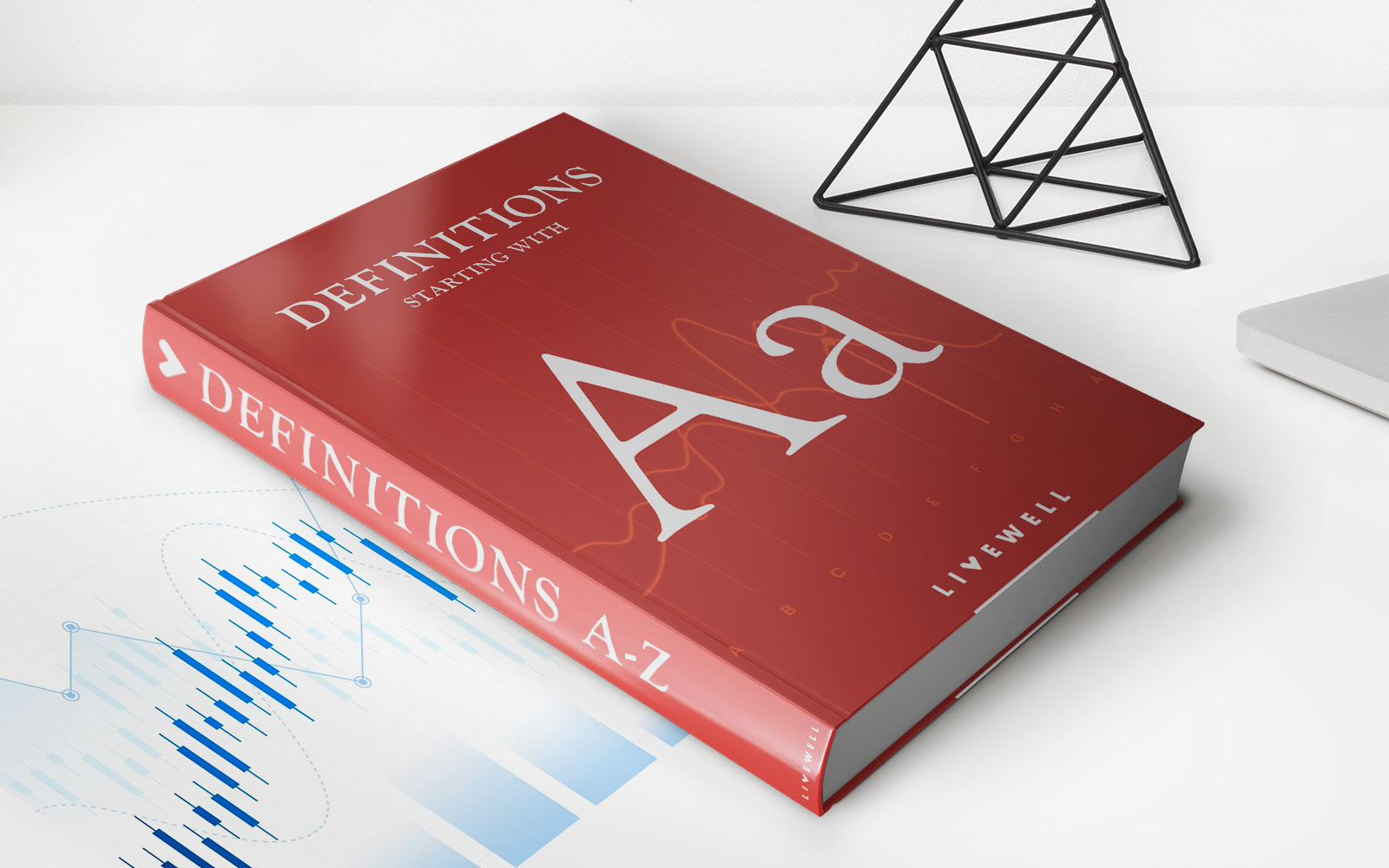Home>Finance>Tax Accounting: Definition, Types, Vs. Financial Accounting


Finance
Tax Accounting: Definition, Types, Vs. Financial Accounting
Published: February 6, 2024
Learn about tax accounting and its definition, types, and how it differs from financial accounting. Gain insights into the world of finance.
(Many of the links in this article redirect to a specific reviewed product. Your purchase of these products through affiliate links helps to generate commission for LiveWell, at no extra cost. Learn more)
Tax Accounting: Definition, Types, vs. Financial Accounting
Welcome to our Finance category! Today, we’re diving into the world of tax accounting. Whether you’re a business owner or an individual looking to navigate the complex world of taxes, understanding tax accounting is essential. In this blog post, we’ll define tax accounting, explore different types of tax accounting, and compare it with financial accounting. So, let’s get started!
Key Takeaways:
- Tax accounting focuses on the preparation and filing of tax returns and compliance with tax laws
- Financial accounting focuses on recording, summarizing, and analyzing a company’s financial transactions to provide an accurate picture of its financial position
What is Tax Accounting?
Tax accounting is a specialized branch of accounting that focuses on the preparation and filing of tax returns and compliance with tax laws. Its primary goal is to calculate the amount of tax owed and ensure accurate and timely payment to the government. Tax accountants use specific accounting methods and principles to determine income, deductions, credits, and other factors that affect a taxpayer’s tax liability.
Types of Tax Accounting
Within tax accounting, there are different types that cater to specific needs and contexts. Some common types of tax accounting include:
- Individual Tax Accounting: This type of tax accounting focuses on tax preparation and planning for individuals. Tax accountants help individuals ensure compliance with tax laws and identify opportunities to minimize their tax liability.
- Corporate Tax Accounting: Corporate tax accounting involves assisting businesses with tax planning, tax compliance, and strategies to maximize available tax benefits. Corporate tax accountants help businesses navigate the complex tax code and fulfill their tax obligations.
- International Tax Accounting: International tax accounting deals with the complexities of tax regulations across different countries. It involves considerations such as transfer pricing, cross-border transactions, and tax treaties. Tax accountants specializing in international tax help businesses understand and comply with tax laws in multiple jurisdictions.
- Small Business Tax Accounting: Small business tax accounting focuses on the unique tax needs of small businesses. This includes organizing financial records, identifying deductions specific to small businesses, and ensuring compliance with tax laws applicable to their business structure.
Tax Accounting vs. Financial Accounting
Tax accounting and financial accounting share similarities, but they serve different purposes:
Tax accounting focuses on complying with tax laws and determining the amount of tax owed. On the other hand, financial accounting focuses on recording, summarizing, and analyzing a company’s financial transactions to provide an accurate picture of its financial position.
While both disciplines use similar accounting principles, they have different reporting timelines:
- Tax accounting follows the tax year, typically aligning with the calendar year or a fiscal year determined by the tax authorities.
- Financial accounting follows the Generally Accepted Accounting Principles (GAAP) or International Financial Reporting Standards (IFRS) and reports financial information to internal and external stakeholders regularly.
In summary, tax accounting and financial accounting are essential for an individual or a business to maintain compliance with tax laws and have a clear and accurate financial picture. Understanding the differences between the two can help ensure proper management of tax obligations and financial reporting.
We hope this blog post has helped shed some light on tax accounting. Remember, when it comes to taxes, it’s always beneficial to consult a qualified tax accountant to navigate the complexities and ensure compliance.














